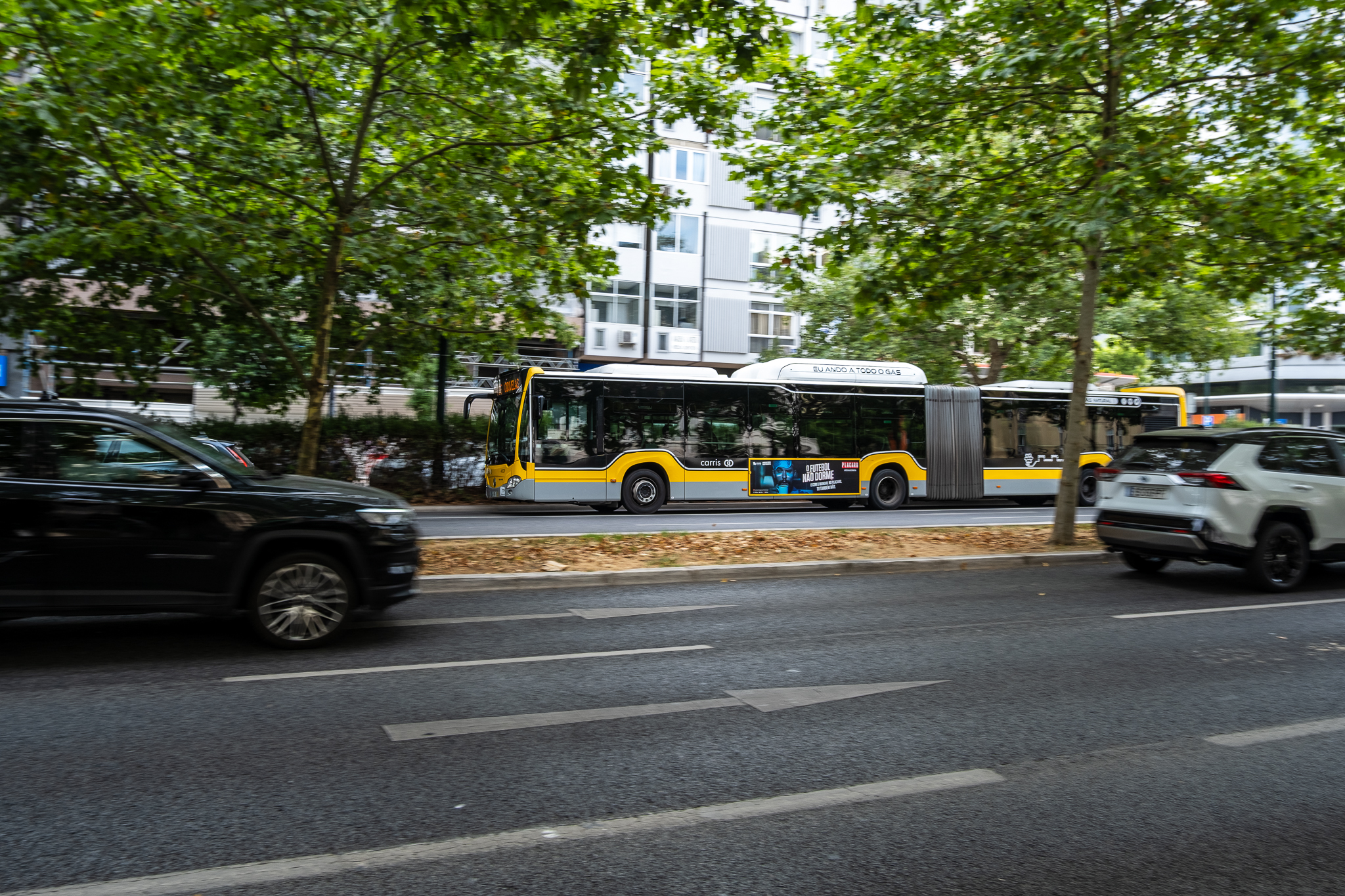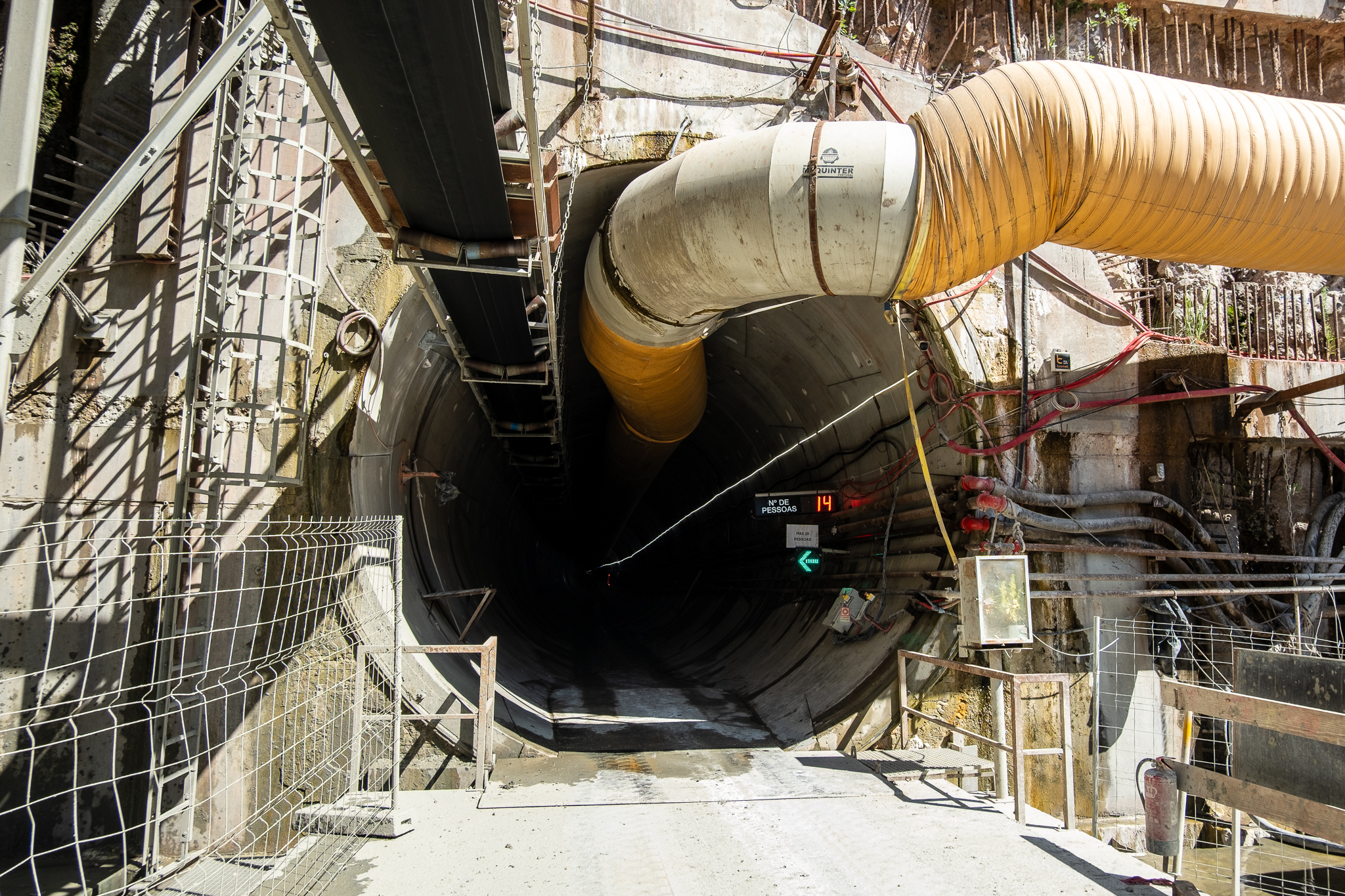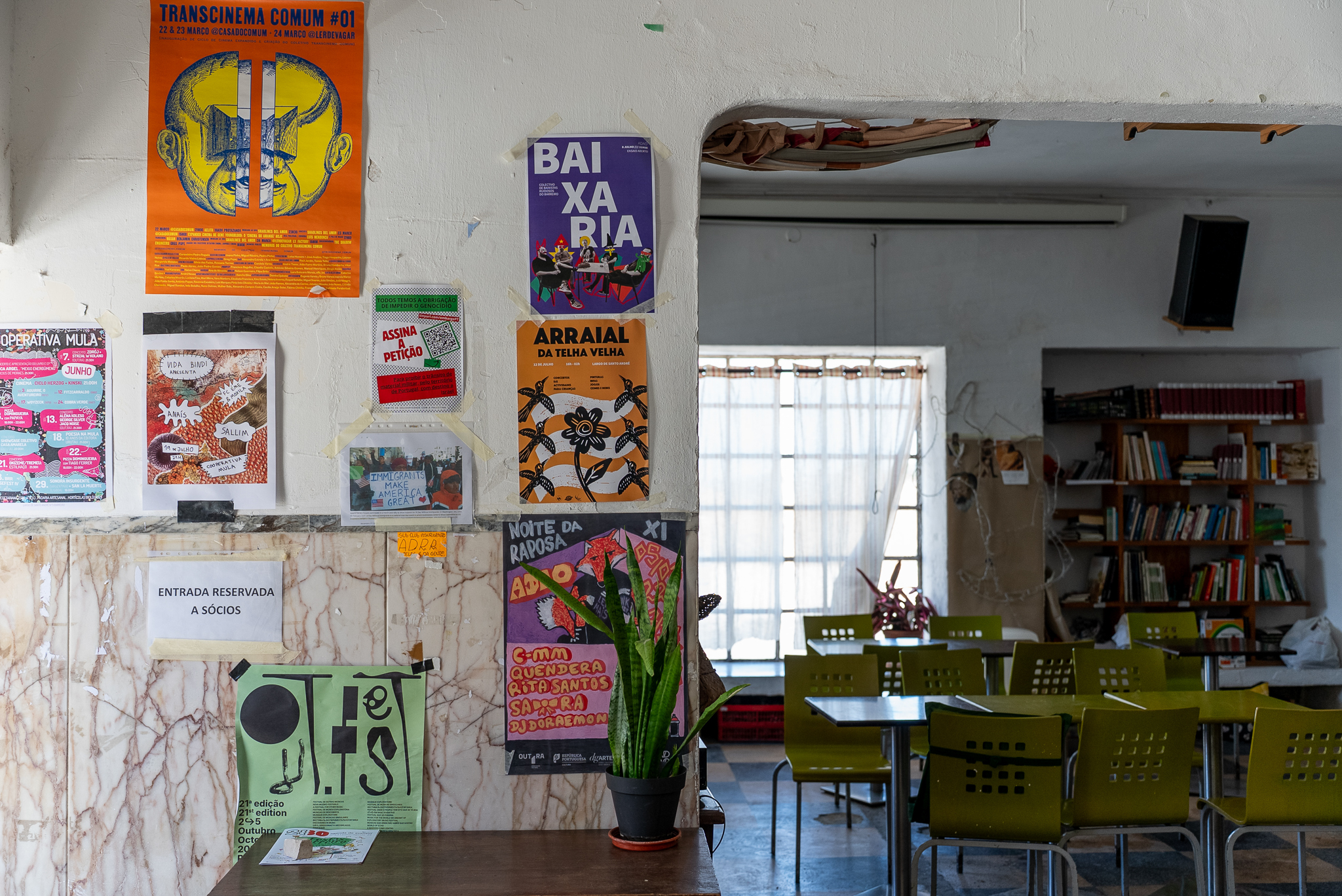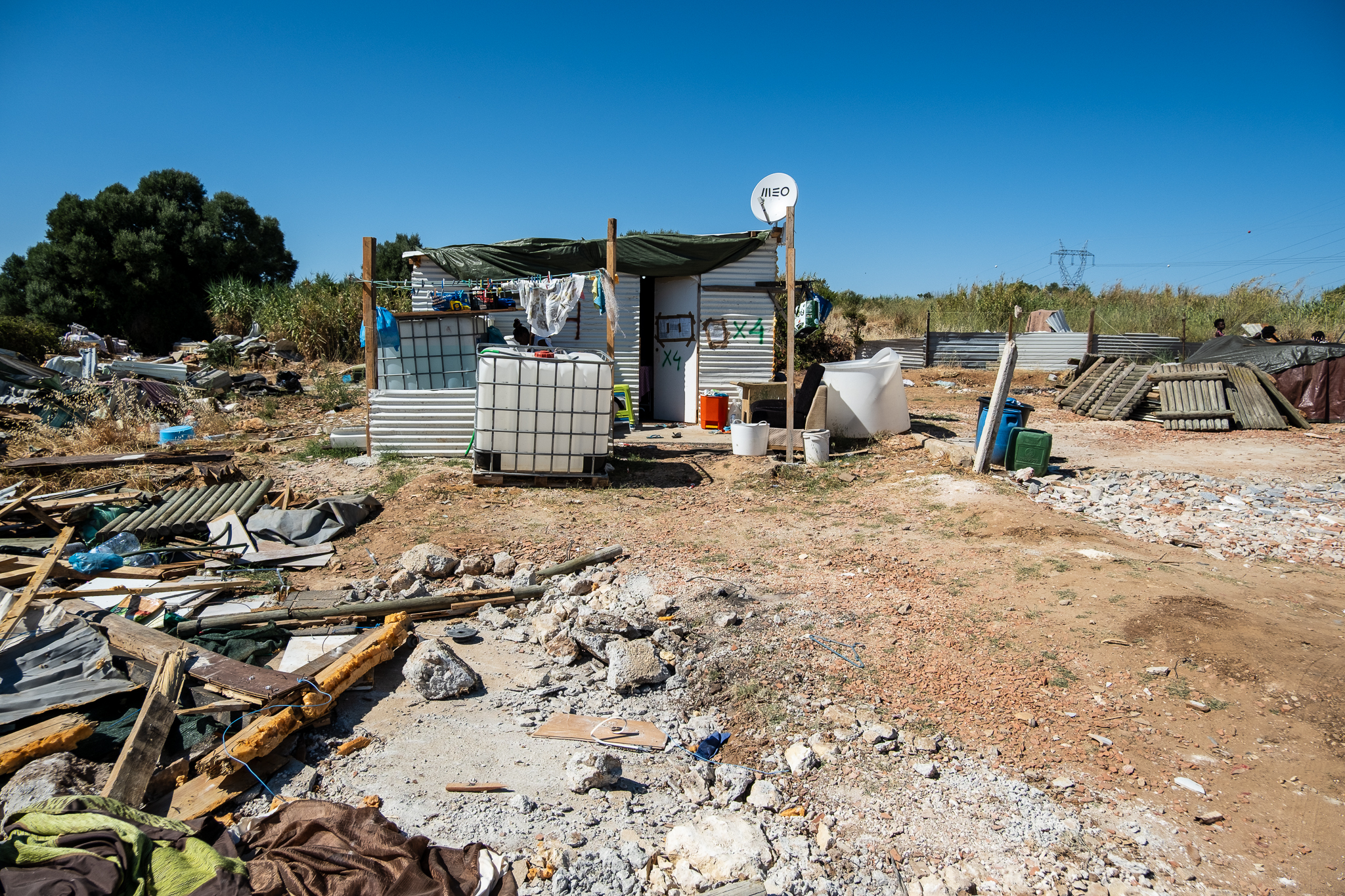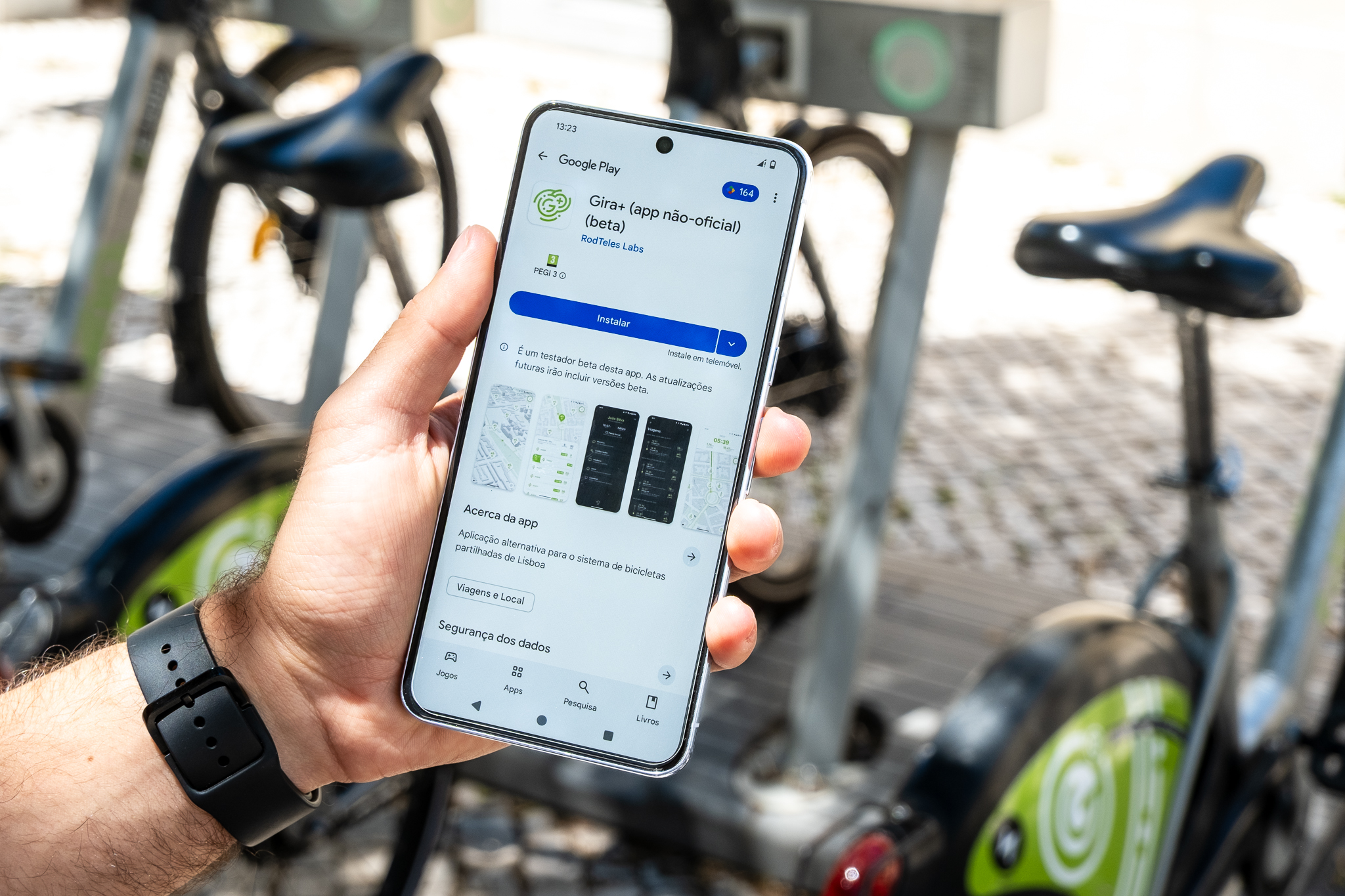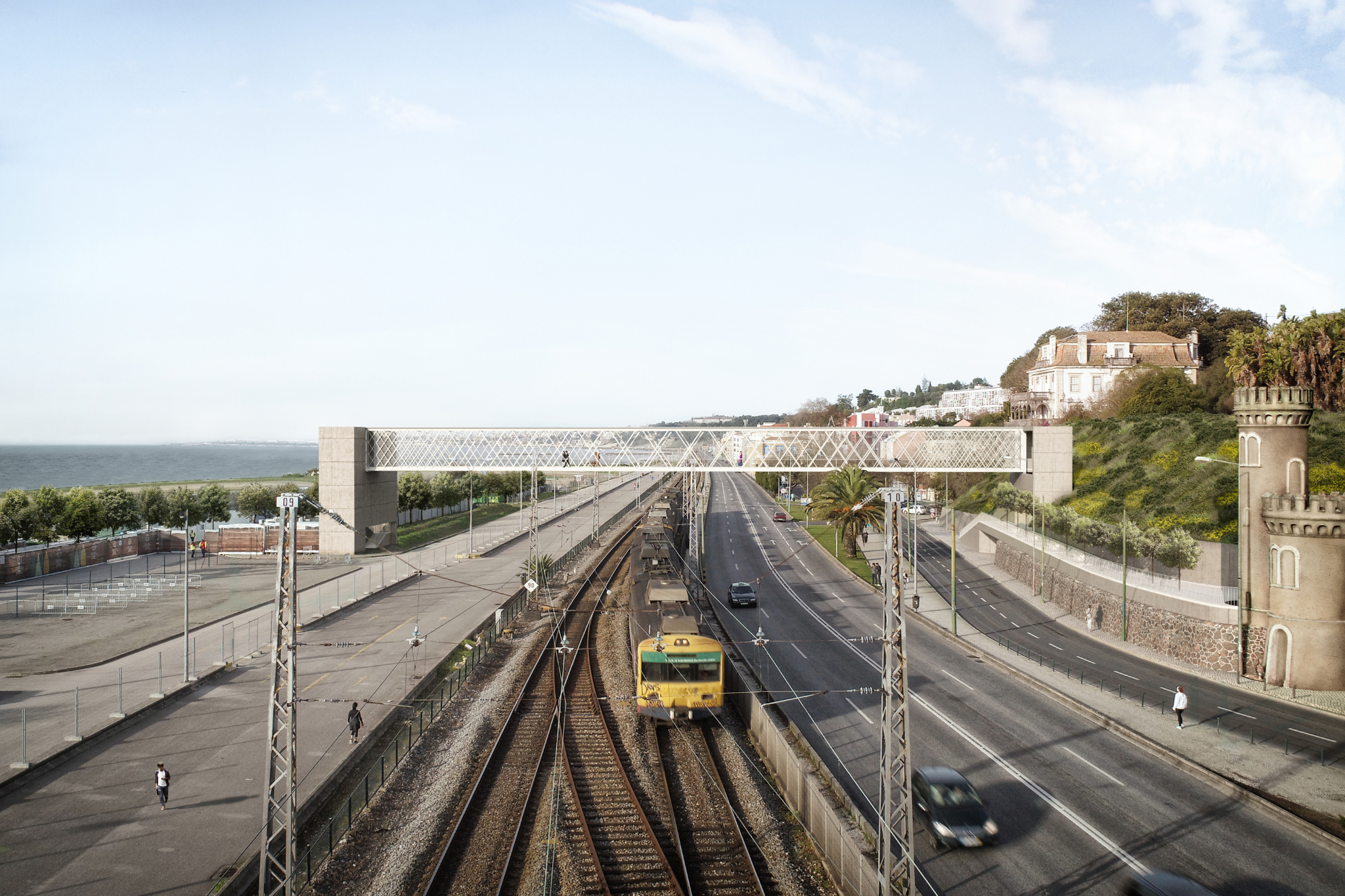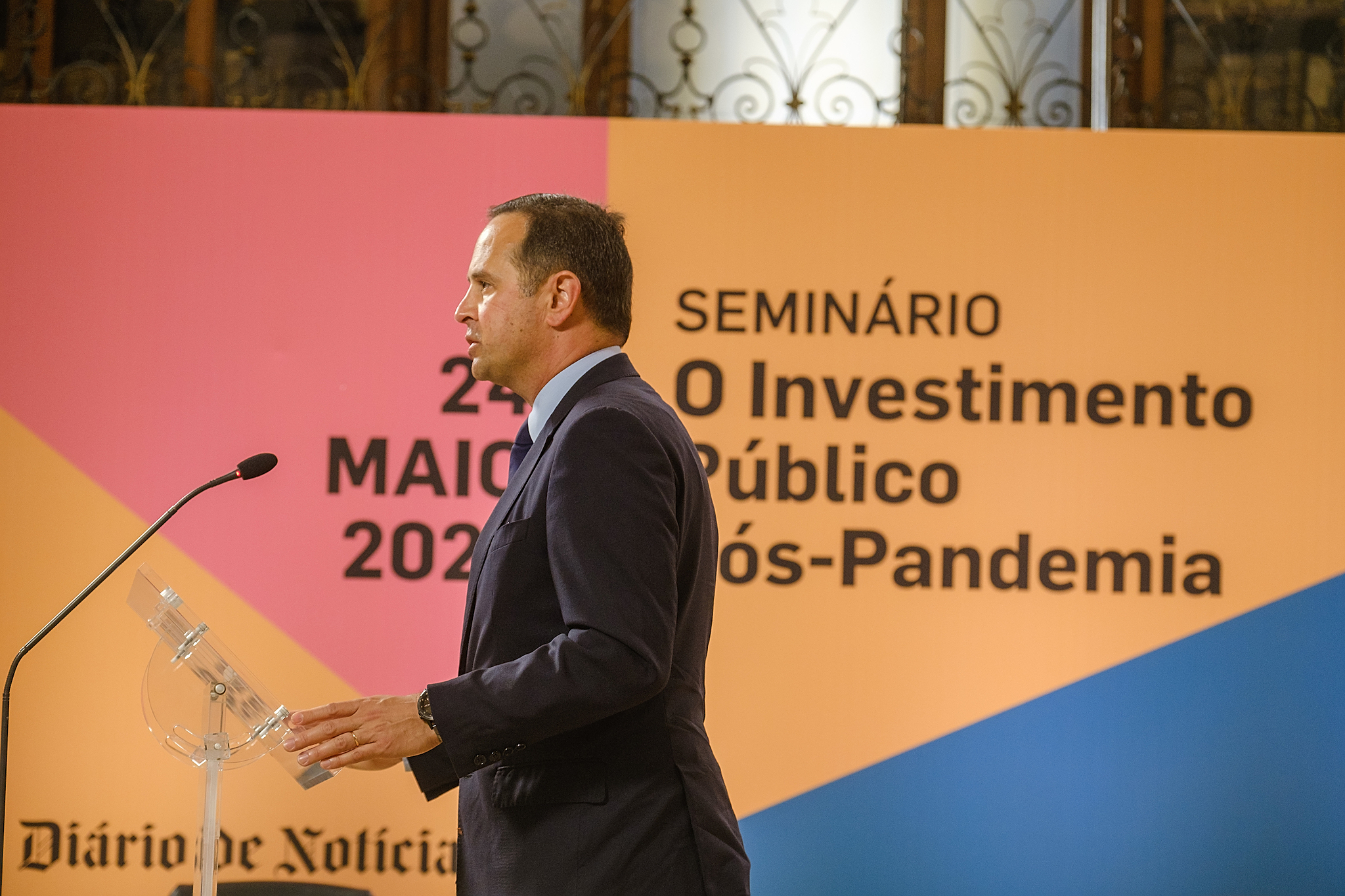
The seminar Post-Pandemic Public InvestmentThe event, organized this Monday, May 24, by Diário de Notícias and the Lisbon City Council, was the moment for Fernando Medina - who shares the presidency of the Lisbon municipality with that of the Lisbon Metropolitan Area - to outline the investments planned for public transport in the Lisbon region: in total, there are "2.3 billion euros, exclusively on heavy public transport, not including rail".
The 2.3 billion euros comes from three different instruments: the Recovery and Resilience Plan (RRP), aka the "European bazooka"; the Multiannual Financial Framework (MFF); and the investments planned by the European Investment Bank. Medina would prefer all this to be "seen in a package and not from instrument to instrument"so that the strategy would be more noticeable as a whole. "I know about AML where the pieces fit together"he said, referring to the political position he holds and which allows him to do so.
The President of AML began by talking about what is already being changed at the level of a "mobility in collective, heavy, sustainable, efficient transport, capable of uniting a metropolitan area" who claims to be "strongly integrated from an economic and social point of view" but "deeply deficient in systems that ensure fluid connectivity". Medina spoke of single metro pass (Metropolitan Navigator), which made public transport more accessible in the 18 municipalities, and the creation of the TML - Lisbon Metropolitan Transports, the company that will take over the Metropolitan RailwayCarris Metropolitana is a unique bus brand in the region. In the near future, all buses in the AML will be branded "Carris Metropolitana", with the exception of those in Lisbon, Cascais and Barreiro, as these municipalities operate municipal companies (Carros, Scotturb and TCB, respectively).
The operation of Carris Metropolitana will be carried out by companies that passengers already know, such as Rodoviária de Lisboa (RL) or Transportes Sul do Tejo (TST), but with the same name, the same color, the same ticketing, the same rules and articulated timetables. The companies that will provide the service are selected on the basis of an international call for tenders, "a tender that is not dictated by the granting of revenue but by the acquisition of kilometers"said Medina, and will be "ensuring the levels of public services that the political authorities decide to finance at any given time, and in the case of the first offer, it will be 40% higher than the one that has been made" at metropolitan level.
From the subway to the overground, not forgetting the metrobus
With regard to the 2.3 billion euros in public transport investments in the AML, these are divided between the westward expansion of the Lisbon Metro (extension of the Red Line to Alcântara); the expansion under study by Yellow Line from Telheiras to Benficathe LIOS linesThis will connect Lisbon by light rail to Oeiras (areas such as Miraflores and Linda-A-Velha) on one side of the city and to Loures (Sacavém and Portela) on the other; two metrobus lines that will connect Paço de Arcos to Cacém, and Algés to Reboleira; and also the "completion of the three phases" Metro Sul do TejoIn addition, it has been extended to the west and east of the municipality of Almada, reaching, for example, the Costa da Caparica.
Medina also addressed the "additional investment that the government has undertaken in terms of railroads"in particular through "acquisition of 66 new trainsets" by CP "which will mainly serve the Cascais and Sintra lines", from the "investment so often promised and so often not made of quadrupling of the Belt Line between Rome-Areeiro and the Orient" and the "expanding the Oriente terminal into a real station", allowing, all in all, what "Today it seems like a dream, but it has to be a reality, which is to have trains with a six-minute frequency between Sintra and Lisbon, in other words, between the two largest municipalities in the country.".
In short, said the mayor, who kicked off the seminar Post-Pandemic Public Investmentwhich took place in the Town Hall, “we're going to have a huge number of investments to make in the country and in the Lisbon region, in a very short space of time, which is going to be very important".

